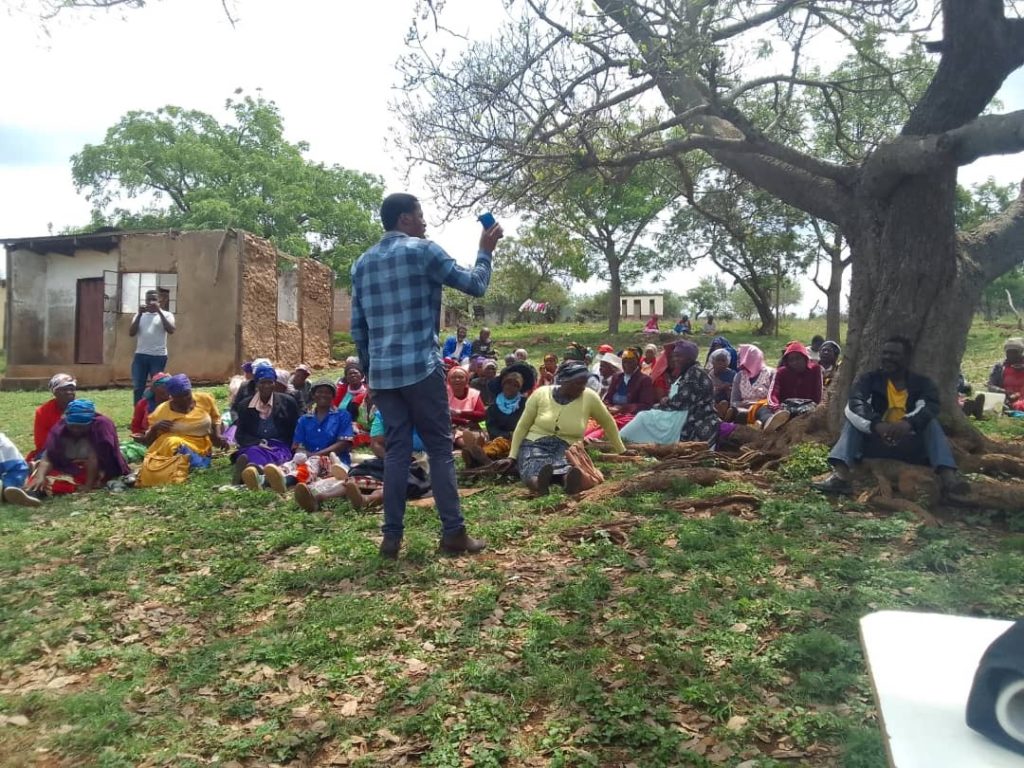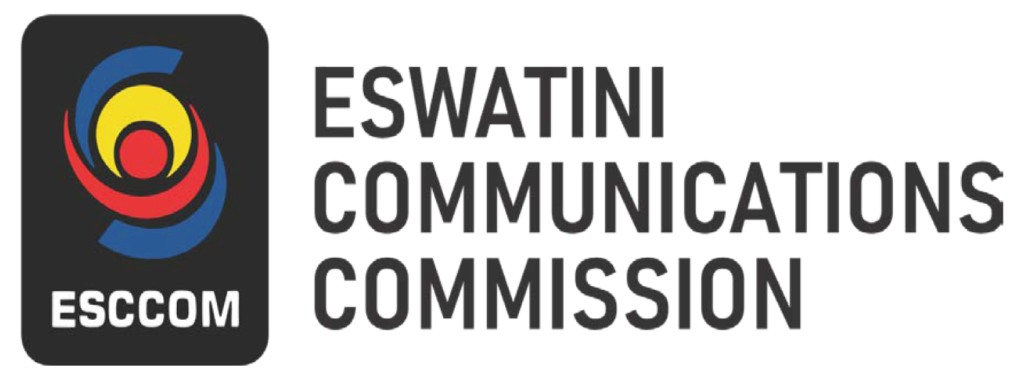Capacity Building
Project Objectives
The Local Content Capacity Building Workshops, supported and funded by the Fund, have a core objective of fostering an improvement of the quality of locally produced content, expanding viewership, and augmenting income generation within the broadcasting sector. Key stakeholders involved in this project include the Eswatini Television Authority, Channel Yemaswati, Independent Producers, and Filmmakers.
Read More...
Project Description
In pursuit of the Universal Access and Service Fund Strategy for 2021 – 2024, the Fund undertook an extensive consultative process involving key stakeholders in the country’s broadcasting services sector. This initiative encompasses a range of specific goals that collectively contribute to the transformation of the broadcasting sector:
Improving Quality and Diversity of Local Content: A key focus is to elevate the quality and diversity of locally produced content, making it more engaging and representative of the local culture and interests.
Upskilling Content Producers: Workshops and programmes are designed to equip content producers with the skills and knowledge necessary to excel in their roles.
Creating Content for Local and Global Audiences: By producing content with broader appeal, the project aims to cater to both local and potential global viewership, thereby expanding the reach and influence of local content.
Systematic Approach to Broadcasting: The initiative seeks to introduce a more structured and strategic approach to broadcasting operations, optimizing efficiency and effectiveness.
Transforming Aspiring Producers: The project aims to nurture aspiring producers into audience-focused creators and entrepreneurs, providing them with the tools they need to succeed in the industry. By understanding and adapting to evolving audience preferences, content creators can craft content that resonates with viewers.
Identifying Sustainable Career Opportunities: The initiative aims to open sustainable career paths within the broadcasting and content production sectors.
Embracing Creativity in the Media Business: Encouraging innovation and creativity is key to staying relevant and appealing to diverse audiences. Effective storytelling is at the heart of captivating content, and this skill is a core focus of the project.
Understanding Audience Psychographics: A deep understanding of the audience’s demographic and psychographic profiles is crucial in tailoring content to their preferences.
Introducing Leadership and Management Principles: The project introduces leadership and management principles from a Gestalt leadership development perspective, ensuring that broadcasting houses have strong leadership and organizational structures.
These objectives are designed to bolster the competitiveness, sustainability, and profitability of broadcasting houses while simultaneously delivering compelling and culturally relevant content to viewers.

Project Objectives
The primary objective of this initiative was to empower educators with specialized training in online teaching methods. This training aimed to bridge the gap and provide equal learning opportunities for all, including children and youth with special needs and disabilities.
Read More...
Project Description
In a bid to foster inclusive and accessible education for children and youth with special needs and disabilities, an initiative has taken shape. The Institute of Distance Education (IDE) and the esteemed Faculty of Science and Engineering at the University of Eswatini (UNESWA) joined hands to offer a Certificate in Online Training for Educators. This initiative sought to equip educators with the necessary tools and knowledge to enhance their teaching methodologies.
The initiative involved twenty dedicated educators, representing a diverse group. This group comprised six (6) SEN (Special Educational Needs) Inspectors, eleven teachers from primary and high schools, including special and inclusive model schools (11), one (1) SEN designer from the National Curriculum Centre, and two (2) ICT Inspectors.
By providing this specialized training, the initiative took a significant step toward creating a more inclusive educational landscape. It empowered educators to better serve children and youth with special needs and disabilities, ensuring that all students have equal opportunities for quality education.

Project Objectives
The primary objective of this project is to equip individuals aged 50 and above, as well as people with disabilities, with essential ICT skills. The project aims to empower these groups by:
Providing Training in Basic Cellphone Operation: The project offers training to help participants understand and operate basic cellphones effectively.
Educating on Fundamental Applications: Participants are educated on essential applications like mobile money platforms and e-government services, which are increasingly becoming an integral to daily life.
Offering Guidance on Online Safety: The project provides guidance on online safety and protection, ensuring that these vulnerable groups can navigate the digital world securely.
Reducing Inequalities and Poverty: The project strives to reduce inequalities and poverty within these demographic groups, enabling them to access opportunities and services made available by digital technologies.
Promoting ICTs in Development: By building capacity among the elderly and people with disabilities, the project contributes to Eswatini’s development agenda by promoting the use of ICTs.
Read More...
Project Description
In today’s digitalized world, access to essential services and communication relies on technology. However, elderly individuals and people with disabilities often face substantial challenges in adapting to this digital transformation. While younger generations are more tech-savvy, these demographic groups have frequently been left behind in the digital landscape.
Eswatini’s adoption of mobile payment systems for social grants distribution has underscored the need to equip the elderly and people with disabilities with basic technology skills and knowledge of digital safety.
This project was implemented in two regions, Shiselweni and Manzini, covering various chiefdoms. Over 14,000 elderly individuals and people with disabilities have benefited from this initiative. In a testament to its commitment to assist these vulnerable groups, the Fund actively supported the Government Social Disbursement Grant initiative by providing 2,925 smartphones for distribution to grant recipients.
Starting in the fiscal year 2021/22, this effort has yielded positive outcomes. Many beneficiaries have used these smartphones to initiate income-generating projects, thereby enhancing the well-being of their families. This empowerment has enabled them to be engaged in utilised digital financial services, promoting self-sufficiency and financial independence.
These collaborative efforts exemplify a commitment to bridging the digital divide and ensuring that every member of society, regardless of age or ability, can actively participate in the digital age. This project undertaken by the UASF represents a significant step toward building an inclusive and digitally empowered Eswatini. By providing essential ICT skills, this project not only empowers elderly and disabled individuals but also contributes to the overall development and prosperity of the nation.
